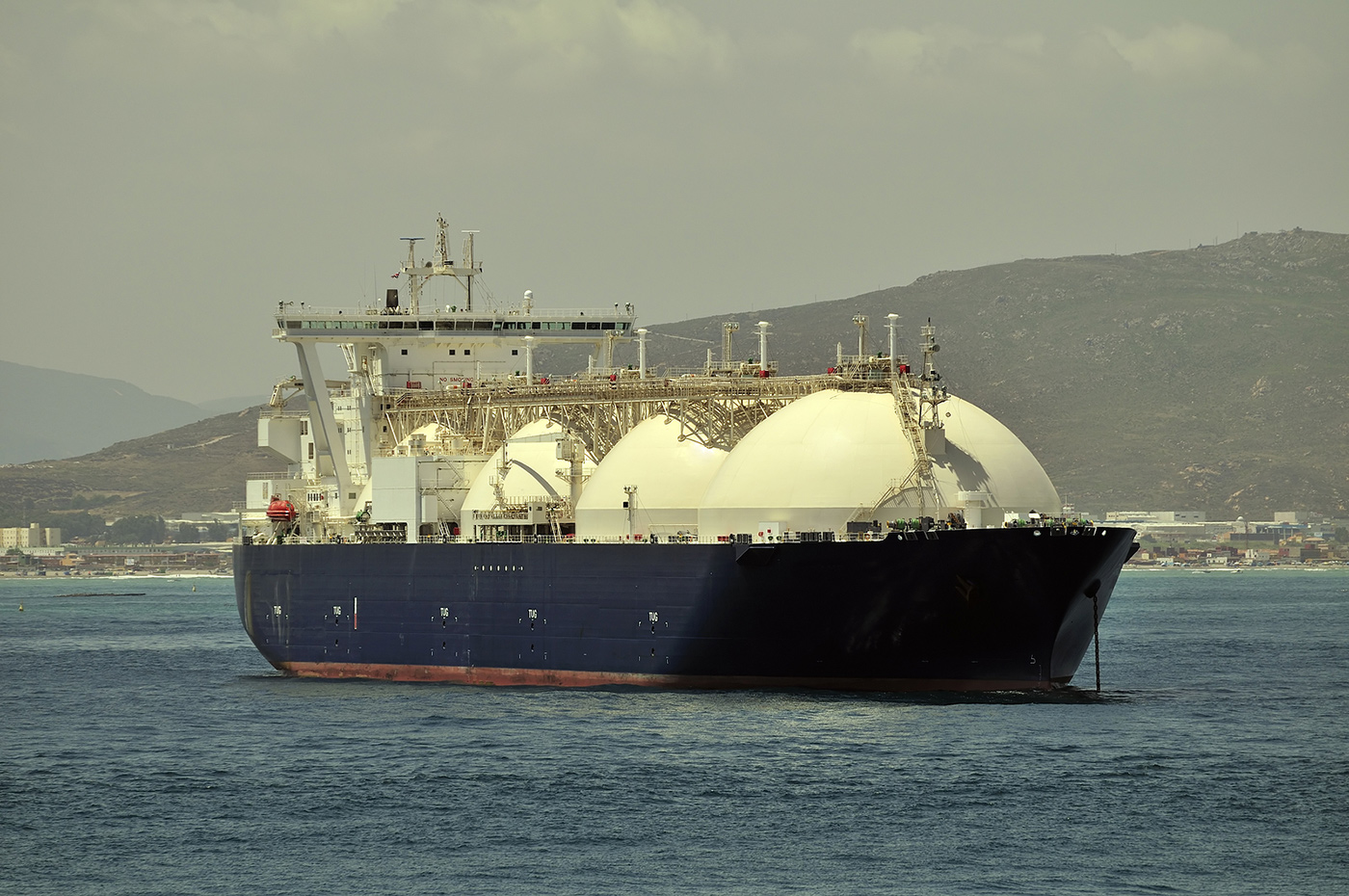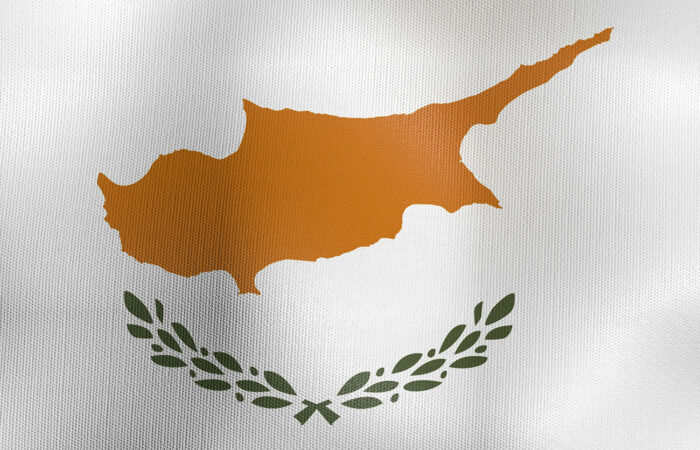Charles Ellinas*
Finally, some good news about the beleaguered LNG import project in Cyprus. Energy Minister Giorgos Papanastasiou confirmed in parliamentary hearings that an agreement has been reached with the Chinese company CPP.
He told MPs that after lengthy negotiations, ETYFA and Chinese contractor CPP had reached an agreement for the delivery of the Prometheus FSRU, to be implemented within 60 days. This included a “financial arrangement” – based on the release of one of CPP’s project bonds, estimated to be worth €40 million. This is the proportion of the cost of the FSRU to the total construction cost of the project.
The deal did not involve any additional payments and has already been ratified by the London-based arbitration tribunal. All other project bonds remain in place.
It should be recalled that ETYFA recently attempted to call in CPP’s bonds, but this was stopped by the Arbitration Tribunal. Agreeing to do so would be tantamount to agreeing that CPP is at fault – something that can only be determined at the end of the arbitration process.
In this respect, the release of the €40 million bond in exchange for the release of the $200 million FSRU can only be considered a good deal. The alternative would have been to lease another FSRU at an additional cost of $100 million per year. Given that the arbitration process could take another 2-4 years, the additional cost to ETYFA could have been as high as $400 million, with Prometheus sitting idle in Shanghai.
According to reports from ETYFA’s independent ship specialist, who visited COSCO’s shipyards in Shanghai earlier this month and inspected the FSRU, the vessel is in excellent condition. Once the formalities have been completed, it should be able to sail to Cyprus within the 60-day deadline.
Prometheus will then need to be certified as a floating storage and regasification unit, probably at a nearby operating terminal, as this cannot be done in Cyprus. Arrangements for this have yet to be made.
Regarding the jetty and land facilities at Vasilikos, Papanastasiou said that ETYFA is in the process of appointing a consultant to assist in the preparation of the terms of reference for the completion of the terminal. This will be followed by the selection of a contractor to carry out the works which are now expected to be completed by the end of 2025.
On this basis, the European banks agreed to withhold their demand for repayment of the €68 million contribution to the project so far. The Finance Minister confirmed that he had received a positive response from the EIB and the EBRD that “if we continue to complete the project, there will be no demand for immediate repayment”.
What is still at stake is the €101.5 million grant from the European Commission. This depends on the outcome of the investigations being carried out by the European Public Prosecutor’s Office (EPPO).
As a reminder, EPPO announced earlier this year that it had opened an investigation into the project for “possible procurement fraud, misappropriation of EU funds and corruption”. These are still ongoing.
It is essential that when the dust settles, a full investigation is also carried out by the Cypriot authorities to determine what led to this disaster and to ensure that it does not happen again. To say that this is not necessary because Brussels is investigating possible corruption is not an acceptable answer. Cyprus must also learn its own lessons from one of its biggest and most far-reaching project failures.
A costly part of the project is the requirement that the terminal should also be able to export LNG. But no one seems to have asked the oil and gas companies operating in Cyprus if they have such plans. With all the options currently being considered for the export of natural gas from the Cypriot EEZ based on pipelines to Egypt, such a capability is not justified and, if still possible, should be removed from the scope of the terminal completion project to reduce costs.
It is essential to complete the project because without it, Cyprus cannot import natural gas at a reasonable cost to reduce electricity prices. Gas prices are expected to fall further due to the massive volumes of new LNG that will enter world markets between 2025-2030. Such low gas prices and the reduction in emissions from switching electricity generation from diesel and mazut to gas could reduce the price of electricity in Cyprus by 40% by 2026.
To be sure, there are several outstanding issues that need to be resolved for the emerging natural gas market to become fully operational, but there is more than a year until the terminal becomes operational to put these in place.
There is now an opportunity to take advantage of the newfound goodwill between ETYFA and CPP to reach a comprehensive, amicable resolution of the dispute and avoid protracted and costly arbitration in London. Unshackling Prometheus is a big step in that direction, in addition to paving the way for cheaper electricity.
*Charles Ellinas is Senior Fellow at the Global Energy Centre of the Atlantic Council.




